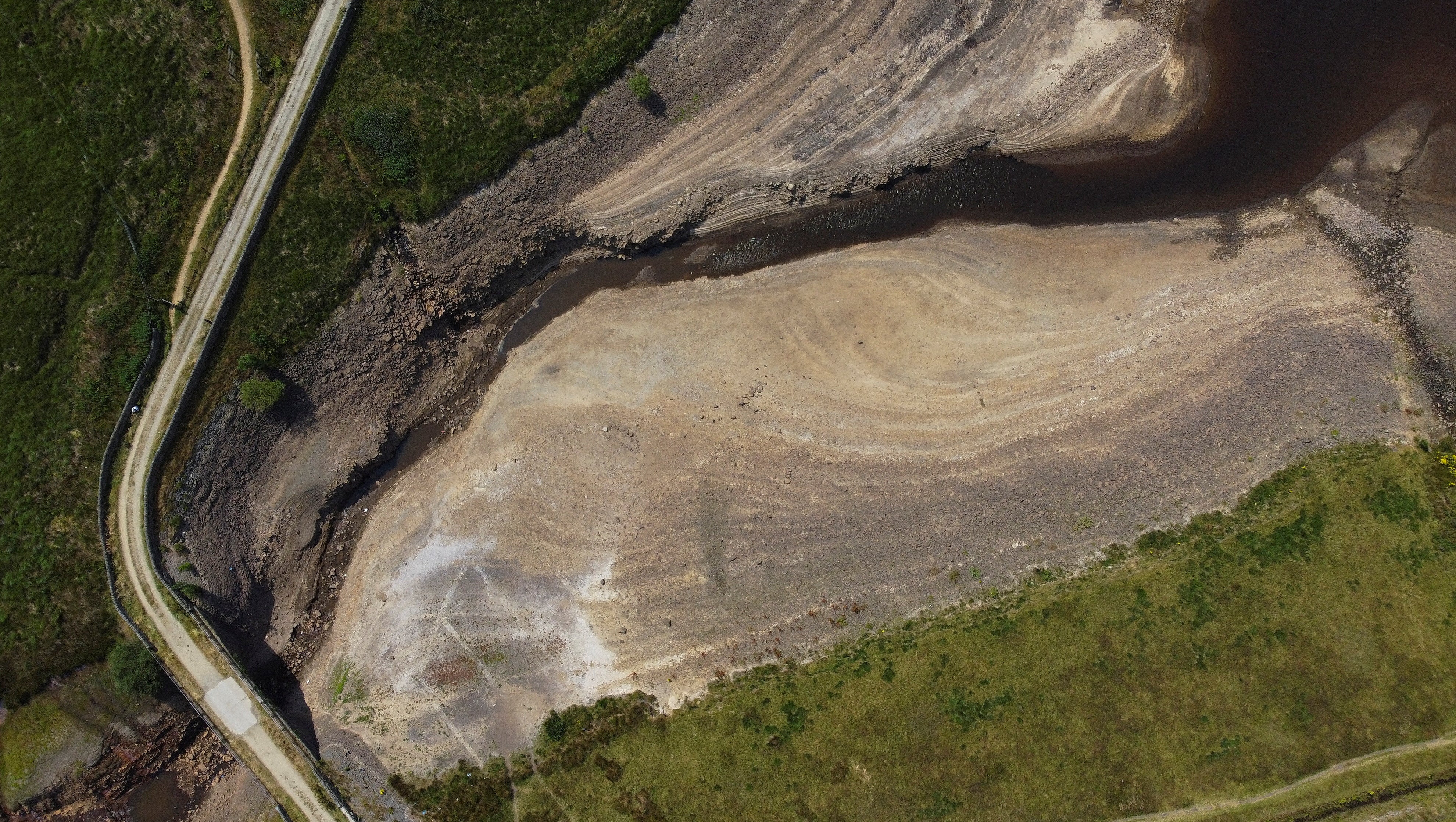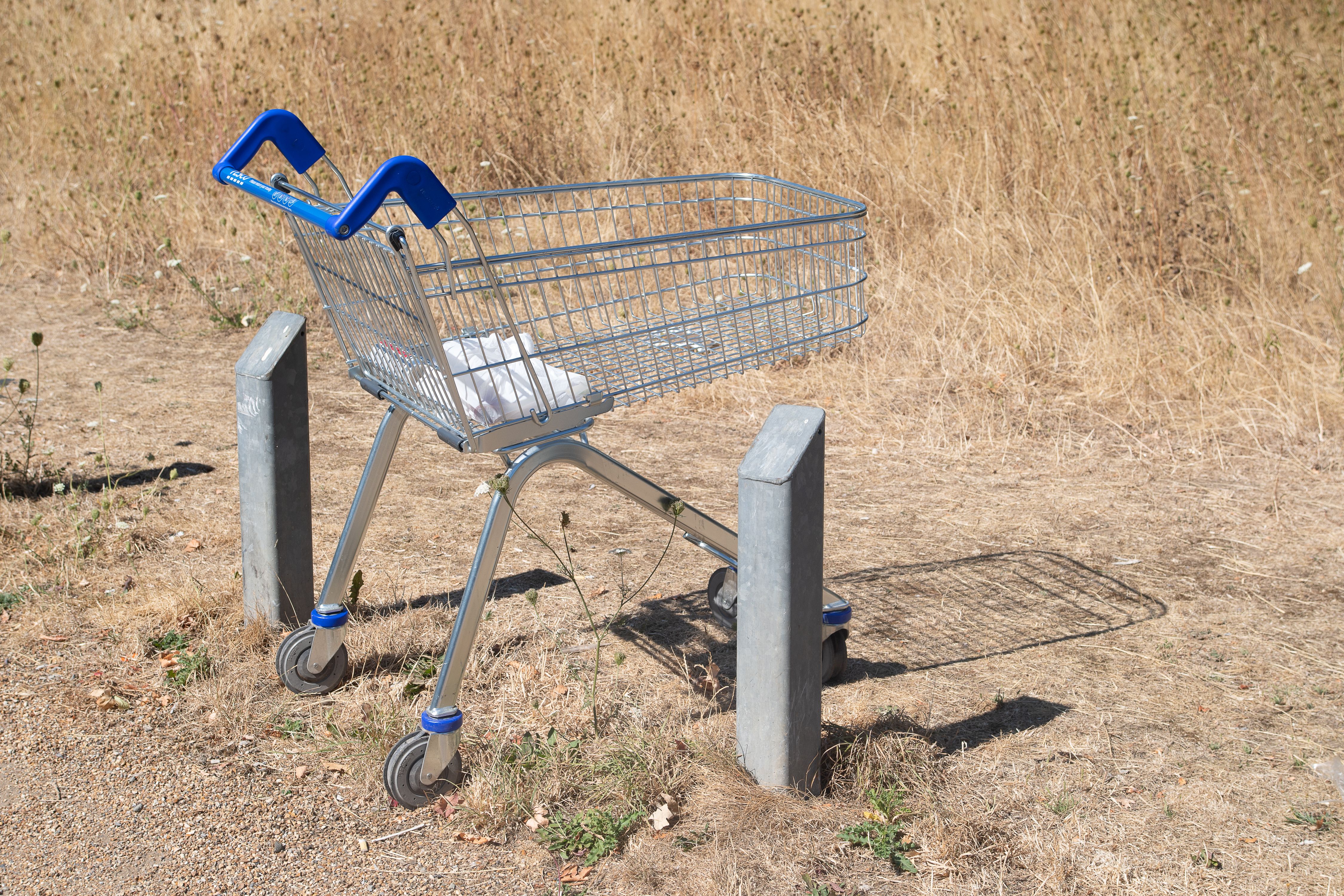Water firms fail on targets to cut household leaks and domestic use as drought looms
Missed targets combined with failure to fix leaking pipes leads to calls for more action to cut demand and bolster supplies
Your support helps us to tell the story
From reproductive rights to climate change to Big Tech, The Independent is on the ground when the story is developing. Whether it's investigating the financials of Elon Musk's pro-Trump PAC or producing our latest documentary, 'The A Word', which shines a light on the American women fighting for reproductive rights, we know how important it is to parse out the facts from the messaging.
At such a critical moment in US history, we need reporters on the ground. Your donation allows us to keep sending journalists to speak to both sides of the story.
The Independent is trusted by Americans across the entire political spectrum. And unlike many other quality news outlets, we choose not to lock Americans out of our reporting and analysis with paywalls. We believe quality journalism should be available to everyone, paid for by those who can afford it.
Your support makes all the difference.Water companies have failed to meet their own targets for cutting household leaks and domestic use as parts of the country brace for a drought to be declared.
Of the 17 largest companies in England and Wales regulated by Ofwat, only South West Water met its goal to reduce water consumption to 142 litres per day per person in 2021-22, through the rollout of smart meters, fixing leaks and advising customers how to save water.
The missed targets combined with companies’ failure to fix faulty main pipes, estimated to spew out about 3 billion litres a day, have led to calls for action to reduce demand and bolster dwindling stocks amid the second major heatwave in weeks.
The National Drought Group will hold an emergency meeting on Friday to decide whether to declare a drought in parts of England, which would prompt further restrictions on water use.
It comes as millions of Britons are already subject to hosepipe bans and one village was forced to rely on tankers and bottled water when its supply ran out, as England marked its driest start to the year since 1976.
Sir John Armitt, chair of the National Infrastructure Commission, which advises the government and estimates 1.4bn litres a day could be saved by 2050 if efficiency measures were introduced, told The Independent that slow progress on reducing household water use was a “missed opportunity”.
He said: “Fixing leaks and building new supply infrastructure are important parts of the jigsaw, but a faster rollout of metering also has a key role to play in reducing the risks of drought.”
Sir John said it is not clear that current policies would achieve a reduction in use to 110 litres per person per day by 2050, as committed to by the government.
“The latest figures from water companies sadly seem to bear this out,” he added.

Figures published last week by Ofwat show that three-quarters of companies are meeting separate targets for reducing leaks in main pipes.
The companies who failed to meet their targets to reduce household demand and waste cited the coronavirus pandemic, which saw more people working from home, as a principal reason, along with the warmer, drier weather in the past 18 months.
But Paul de Zylva, a campaigner at Friends of the Earth, said increased use during the pandemic “just highlights the huge importance of making them more water efficient”.
“Hosepipe bans are too little too late: the government and the water sector have been sleepwalking towards water shortages for far too long,” he said.
Ed Davey, leader of the Liberal Democrats, told The Independent that consumption targets “feel utterly pointless whilst Thames Water waste a quarter of all their water from leaking pipes”.
“It is time someone stood up to these companies. That should start with a sewage tax to clean up rivers they pollute and a ban on CEO bonuses until pipes are fixed,” he said.
Carla Denyer, Green Party co-leader, said the fact that all but one of the major water companies fell short of their targets was “just another example of how these companies are failing to provide a proper service and are prioritising profit over public benefit”.
“The privatisation experiment for water companies has failed,” she said. “To end leaks, stop sewage flowing into our rivers, cut consumption and bring down bills for households, we need to take the water supply back into public ownership – run for the benefit of the public, rather than shareholders.”

Tory leadership contender Rishi Sunak on Thursday set out his plan to “boost the UK’s resilience to drought” by holding water companies to account for “unacceptable leakage” and warned that when it came to enforcement “nothing is off the table”.
His rival Liz Truss has yet to set out a similar plan but a spokesperson for her campaign told The Telegraph last week that more needs to be done to make sure water companies fix leaks and cut waste.
A spokesperson for Water UK, the industry body, said targets to reduce per capita consumption were set by Ofwat in 2019 before the coronavirus pandemic which changed the way people use water with more people working from home and holidaying in the UK.
“Water companies regularly communicate with customers to help them reduce the amount of water they use,” the spokesperson added. “In addition, we are calling on government to take some essential actions including introducing water efficiency labelling for white goods and tightening building regulations to ensure water efficiency is as important as energy efficiency in new homes.”
The climate crisis and population growth mean the gap between water supply and demand is only expected to increase, with estimates that the country may need around 4 billion litres of extra water per day by 2050.
Scientists have warned that the climate crisis means the UK’s summers are getting hotter and drier, and we can expect to see greater variability in rainfall meaning water management may become a challenge. The charity Christian Aid warned in a report earlier this year that London risked running out of water within 25 years because of a growing risk of drought driven by the climate crisis.







Join our commenting forum
Join thought-provoking conversations, follow other Independent readers and see their replies
Comments